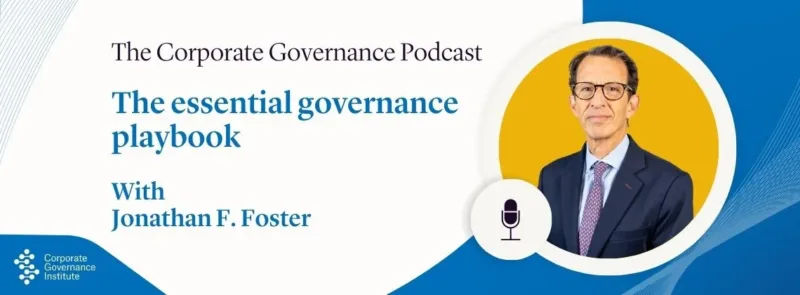News analysis
Why ESG will survive the backlash

Will ESG survive the backlash it has received, especially in America where it is derided by many on the far right as ‘woke capitalism’?
You’d be forgiven for doubting ESG’s (environment, social and governance) ability to make it through the current wave of negativity. After all, the stories of pushback are mounting.
Granted – most come from the United States, but the old saying still has weight: “If America sneezes, the world catches a cold.”
Republicans and fiscal conservatives are openly hostile to the term. They are led by people like Texas Governor Greg Abbott and Florida Governor/presidential contender Ron DeSantis, who dismiss the concept as “woke capitalism”, restricting business and harming profits.
It’s enough negativity to make investors more way of ESG, and boards wonder whether they need to bother with it. But seriously, is the movement going to die?
Not from where we’re standing. Here’s why:
Backlash in name only
The main answer to why ESG will survive the backlash is that the money simply isn’t following the rhetoric. ESG critics can be as loud as they want, but they’re not making the corporate world think differently.
Two-thirds of respondents to a 2023 Bloomberg survey expect firms to keep incorporating ESG metrics in their business going forward.
Meanwhile, financial services firm Morningstar Inc. has released new data showing the success of anti-ESG funds falling dramatically from a peak in the third quarter of 2022… and that peak was a minor compared to the total value of ESG assets.
In other words, ESG priorities remain fixed, and the money working against them is dwindling.
The only thing likely to suffer from this wave of negativity is the actual term – “ESG”.
Wait, is the term seriously under threat?
Yes.
The true measure of this possibility is that many in the pro-ESG camp are willing to part ways with it. Larry Fink – head of the world’s largest investor, BlackRock Inc – has said he no longer uses it because of how politicised it has become.
Meanwhile, the same two-thirds of respondents to the Bloomberg survey said that while firms would keep pursuing ESG, they would stop mentioning the three letters together.
Banks and money managers avoid it; even McDonald’s has done away with it. But none of these groups are abandoning the principles.
You might call it the one potential victory of the anti-ESG brigade: a rechristening – purely because firms are worried about reputational risk.
So ESG will stick around because that’s where the money is?
Precisely.
Before the current wave of backlash, it was estimated that the value of ESG assets would reach US$50 trillion by 2025. At the start of this year, they were estimated at $41 trillion and growing.
If, in five years, we’re calling ESG something different, it probably won’t even dent the underlying principles that investors, consumers and many politicians care so vocally about.
The backlash is loud but is it effective?
The ESG backlash may be loud, but we’re not seeing any evidence that its principles are losing ground.
Because of that, directors and other corporate leaders who hear the noise from the US and think the concept is almost irrelevant should think again.
ESG remains ESG, even if it updates its name tag.
Insights on leadership
Want more insights like this? Sign up for our newsletter and receive weekly insights into the vibrant worlds of corporate governance and business leadership. Stay relevant. Keep informed.




